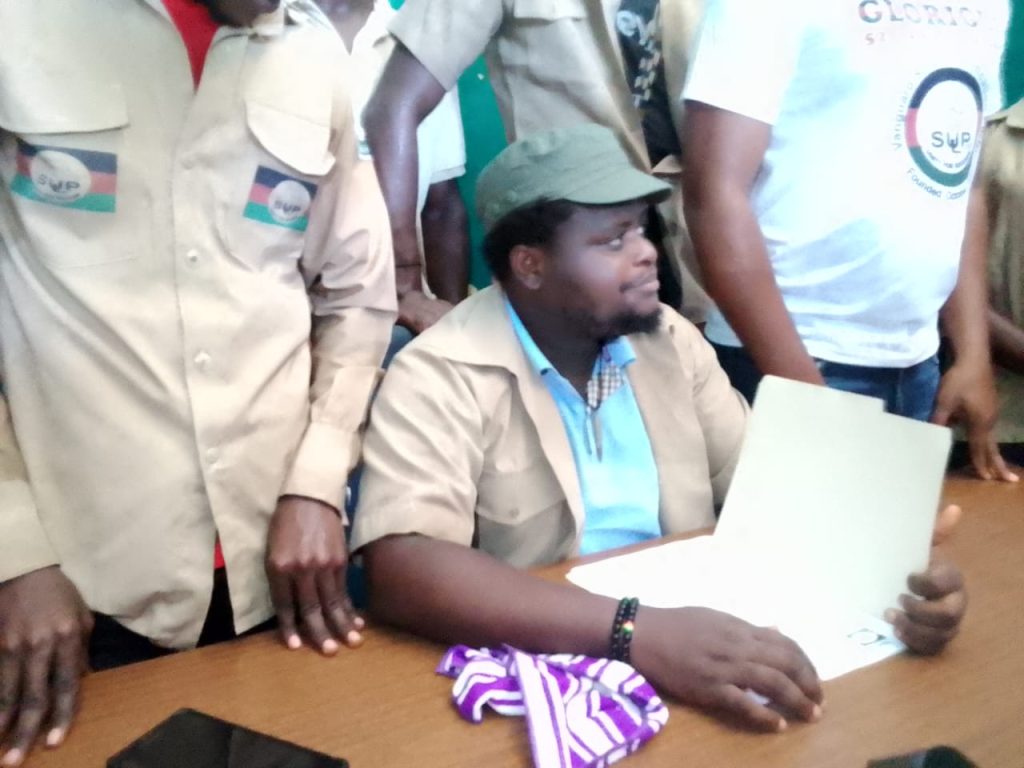The Supreme Court of Liberia’s ruling in favor of embattled Speaker J. Fonati Koffa has triggered a wave of dissent from supporters of the ruling Unity Party, who view the decision as confusing, contradictory, and a setback to their political agenda. Prominent figures within the party, including Mines Minister Wilmot Paye, have publicly voiced their disappointment and questioned the Court’s logic, arguing that the issuance of seemingly conflicting opinions creates more confusion than clarity and complicates the already tense situation within the legislature. This discontent underscores the deep political divisions within Liberia and the potential for further instability in the wake of the controversial ruling.
Minister Paye’s criticism centers on the perceived inconsistency within the Court’s decision, suggesting that it represents a unique instance of a supreme court issuing two distinct opinions on a single matter. He questions how such a scenario could arise and expresses concern over the implications for resolving the legislative impasse. This sentiment is echoed by other Unity Party figures, including Liberia Water and Sewer Managing Director, Mo Ali, who asserts that the ruling’s lack of enforceability undermines the Court’s authority and leaves the speakership question unresolved. He maintains that the Court’s directive to “organize the majority for their own speaker” is impractical and underscores the ruling’s fundamental flaws.
Togar M. Cephus, Deputy for Administration at the National Transit Authority and Chairperson of the Unity Party Youth League, further criticizes the Court’s decision, labeling it as ambiguous and counterproductive. He argues that the Court, instead of clarifying the legal complexities surrounding the speakership dispute, has further muddied the waters and exacerbated the legislative challenges. This criticism reflects a broader concern among Unity Party supporters that the ruling serves to entrench the existing political deadlock rather than providing a pathway towards resolution.
In contrast to the predominantly negative reactions from the Unity Party, former Senate Pro-Temp Armah Zolu Jallah offers a more nuanced perspective. While acknowledging the disappointment felt by some, he emphasizes the importance of accepting the Court’s decision and moving forward in the interest of national unity and progress. Jallah frames the ruling as a constitutional reaffirmation of the existing balance of power within the legislature, urging all parties to prioritize governance, service delivery, and national healing over continued political wrangling.
Jallah’s call for unity and forward momentum underscores the critical juncture at which Liberia finds itself. The Supreme Court ruling, while legally binding, has clearly exacerbated existing political tensions and created a climate of uncertainty. The challenge now lies in finding a way to bridge the divide between opposing factions and work towards a stable and productive political environment. This will require leadership, compromise, and a commitment from all parties to prioritize the nation’s interests over partisan politics.
The path forward requires a concerted effort to de-escalate the political rhetoric and focus on constructive dialogue. The Supreme Court ruling, while contested, provides a framework for moving ahead. The challenge now lies in translating this legal framework into a practical political reality. This will necessitate a willingness to engage in good-faith negotiations, respect the rule of law, and prioritize the needs of the Liberian people. The alternative—continued political bickering and instability—risks jeopardizing the country’s fragile progress and undermining its democratic institutions.














